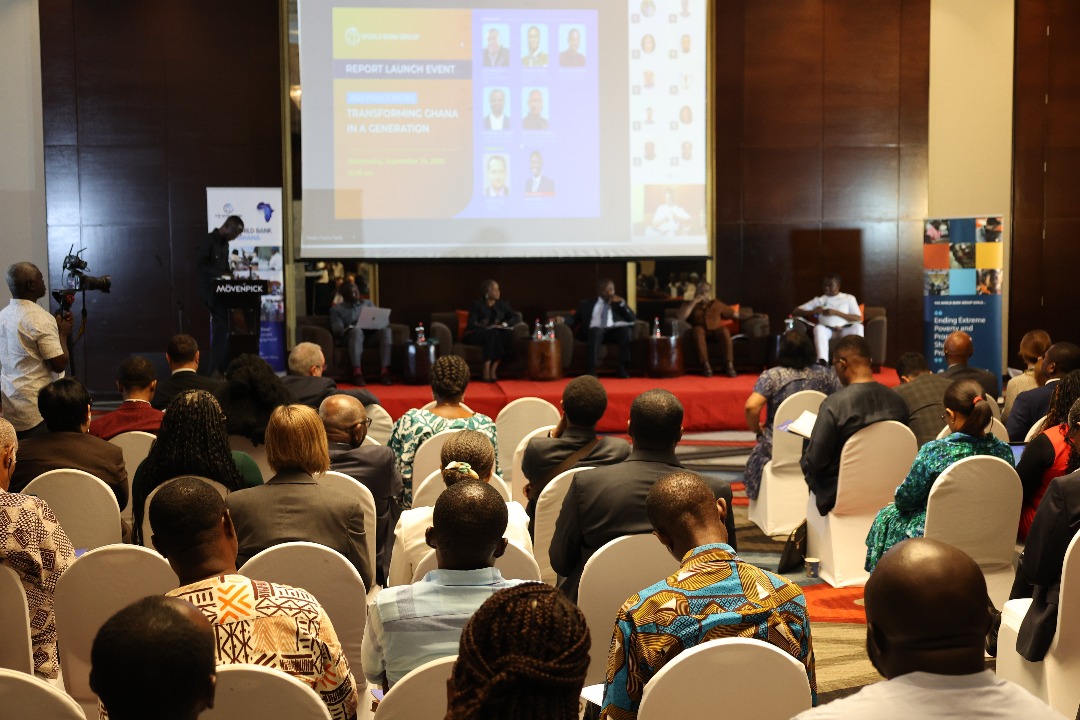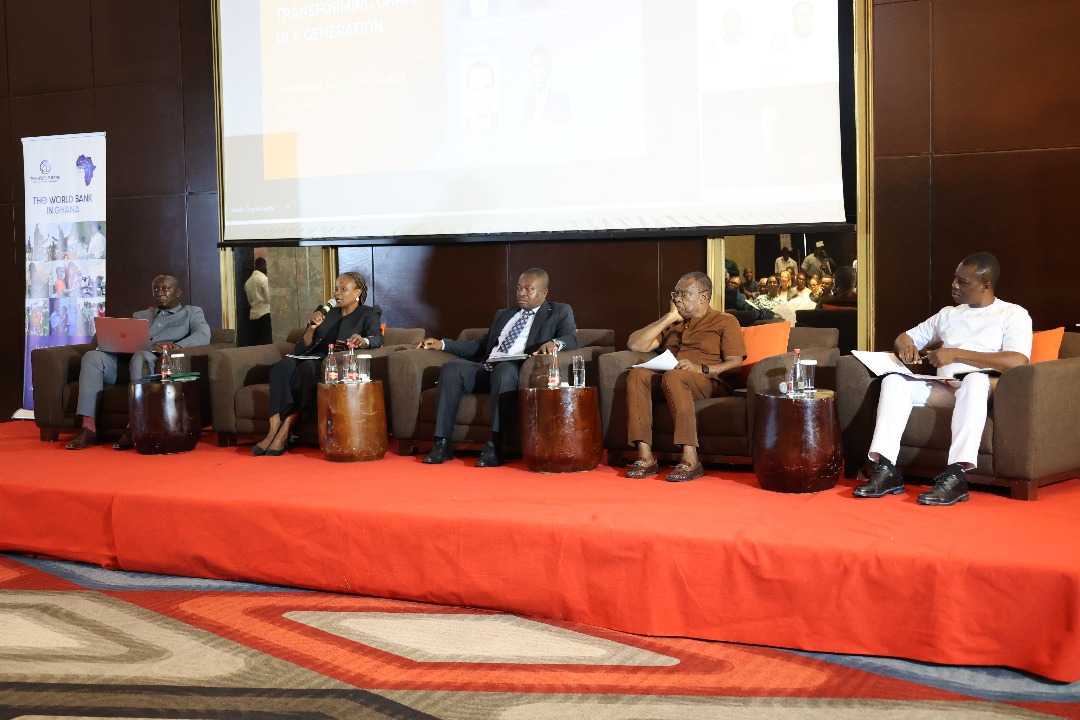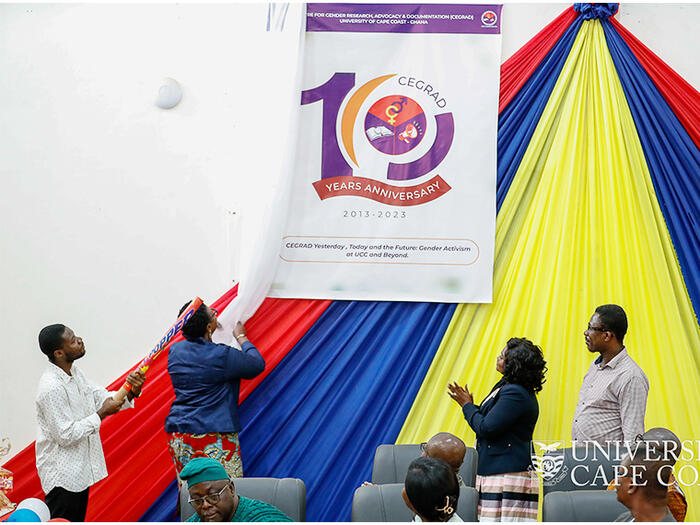By Francis Kobena Tandoh
The World Bank on Wednesday proposed four policy foundations to help the West African country Ghana achieve generational transformation.
Speaking at the launch of the “World Bank 2025 Policy Notes: Transforming Ghana in a Generation” in the national capital, Accra, the Bank’s Director for Ghana, Sierra Leone, and Liberia, Robert Taliercio, observed that Ghana made significant strides in the past, recording robust economic growth averaging 6.8 percent between 2009 and 2019, hence halving the rate of poverty from 1991 to 2016 by 23.4 percent.
He, however, mentioned that the country’s economic and social prospects declined due to macroeconomic challenges, culminating in a severe crisis in 2022 undermining the poverty reduction efforts by the government, resulting in repeated cyclical fiscal expansion and sharp adjustments reflecting fiscal stress.
Mr. Taliercio cautioned policy reforms remain challenging, and risks will continue to escalate unless prompt and decisive actions are adopted to reverse the trend.
Among the four key foundations the Bank proposes to transform Ghana include “restoring and sustaining macro-financial stability and raising productivity and competitiveness to create jobs by investing in human capital and fostering a business-friendly environment.”
The rest are “ensuring natural resource management and resilience must be at the core of our development strategy, and policy reforms must be accompanied by strong governance and public institutions that are fit for purpose.”
The Bank further urged the Ghanaian government to carry out necessary reforms in the cocoa and energy sectors of the economy to improve resilience and macro-financial stability.
Commenting on the government’s flagship 24-hour economy and the big push programs, the World Bank Country Director emphasized that such policies “offer an opportunity to promote broad-based and resilient growth, job creation, and poverty reduction, if implemented well.”

The Bank assured of its readiness to support the Ghanaian government to unlock a generation of inclusive, resilient growth and deliver on the promise of sufficient quality jobs for the people.
The per capita income of the cocoa-growing, gold- and oil-producing country, according to the World Bank, has stagnated around 2,200 U.S. dollars over the past decade, with poverty affecting over a quarter of the country’s almost 33 million population and regional disparities worsening due to limited structural transformation and dependency on natural resources.
Rising macroeconomic imbalances led to a severe crisis some three years ago, in the heat of COVID-19, further hindering job growth and undermining poverty reduction efforts. Enditem
Source: Ghana Eye Report
Share Us



